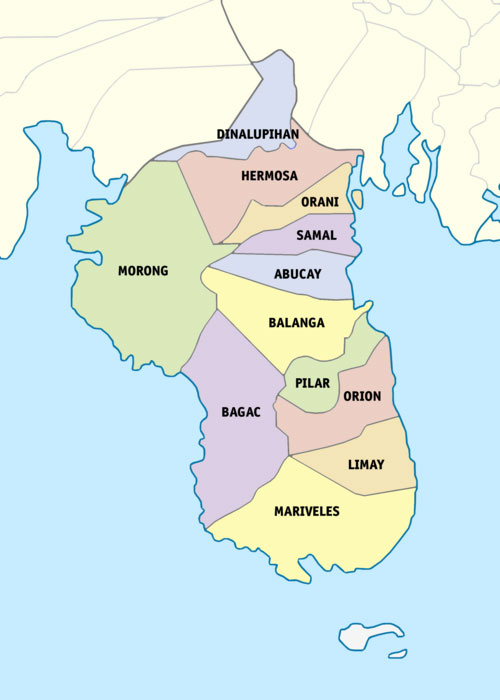National Unity Party (NUP) president and Camarines Sur Rep. Luis Raymund Villafuertehas celebrated the late national artist Nora Aunor for her legacy as the “one true superstar” of Philippine cinema and music who left an enduring impression among Filipinos not only as a multi-awarded film actress-producer and singer, but also as an accomplished performer both on the stage and television.
“My family and I join not only our provincemates in CamSur and fellow Bicolanos in the region, but all other Filipinos as well in our country and overseas in praying for the eternal repose of the soul, and celebrating the enduring legacy, of the one true superstar Nora Aunor,” said Villafuerte, a fellow Bicolano of Aunor, once a three-term governor and now congressman representing the province’s second district.
“Ate Guy (Nora)’s passing spells a great loss for our people, especially the masa who were mesmerized by her meteoric rise to stardom from her impoverished beginnings as a train station vendor in our city of Iriga on the back of her golden voice and, later, her unparalleled acting chops,” Villafuerte said.
“She was truly blessed as an actress and singer, as her unparalleled achievements in the entertainment world over some six decades attest,” Villafuerte said. “But what is amazing is that for all her God-given talents, she—as her family, friends, peers, coworkers and fans proclaim—led a life of humility and generosity to others, particularly the needy, and minus the prima-madonna ways of stars of her equal, or even of lower stature, often feel entitled to,” he said.
“Ate Guy will certainly be missed—a great deal,” said the former governor as he pointed to her recently-released and planned film projects, including the last one she made just recently (”Kontrabida”) and which has yet to be shown commercially in movie houses.
Villafuerte was one of the lead authors of Republic Act (RA) 11996, or the ‘Eddie Garcia Act” of 2024, providing for labor safeguards for all workers in the entertainment business, including independent contractors who are hired to do production work and other services like distribution and exhibition of movies or TV shows.
Aunor died of acute respiratory failure on Wednesday (April 16) after going through a medical procedure at The Medical City in Pasig City.
A state funeral for Aunor at the Libingan ng mga Bayani in Fort Bonifacio, Taguig City shall be held as she was conferred as a National Artist of the Philippines for Film and Broadcast Arts in 2022.
“As a kid from among nine siblings in an impoverished family who sold water and cooked food at a train station in Iriga City in the 1960s, her reversal of fortune in the succeeding decades as the singer with the golden voice and, later, the actress renowned for her powerful performances in many of the country’s cinema classics, had captured the imagination of the masa who idolized her for this genuine rags-to-riches narrative,” Villafuerte said.
Barely in her teens, Nora Aunor (real name: Nora Cabaltera Villamayor), broke through the entertainment world with her victories in amateur singing contests and later in the then-highly popular talent search show “Tawag ng Tanghalan” on national TV.
She then secured movie contracts leading to almost 200 films, a number of which netted awards in both local and foreign film competitions and cemented her status as the “Superstar” and one of the greatest Filipina actresses.
Among her most acclaimed performances were in cinema classics including “Tatlong Taong Walang Diyos,” “Minsa’y May Isang Gamu-Gamo,” “Bona,” “The Flor Contemplacion Story,” “Andrea Paano Ba Ang Maging Isang Ina?,” “Bakit May Kahapon Pa?,” “Thy Womb” and “Himala.”
With “Andrea Paano Ba Ang Maging Isang Ina?,” Aunor reaped a grand slam after winning the Best Actress Awards in five award-giving institutions in 1990—Manunuri ng Pelikulang Pilipino (Urian), Film Academy of the Philippines (FAP), Filipino Academy of Movie Arts and Sciences (FAMAS), Metro Manila Film Festival (MMFF) and the Philippine Movie Press Club (PMPC).
She also won awards in film festivals in the United States, Asia, Europe and Australia.
Aunor also had shows on TV and appeared in two major theater productions of the Philippine Educational Theater Association (PETA).
Her peers and coworkers claim that Nora was always ready to extend financial assistance to those in need, especially the bit performers and crew of her movies who were mostly underpaid.







